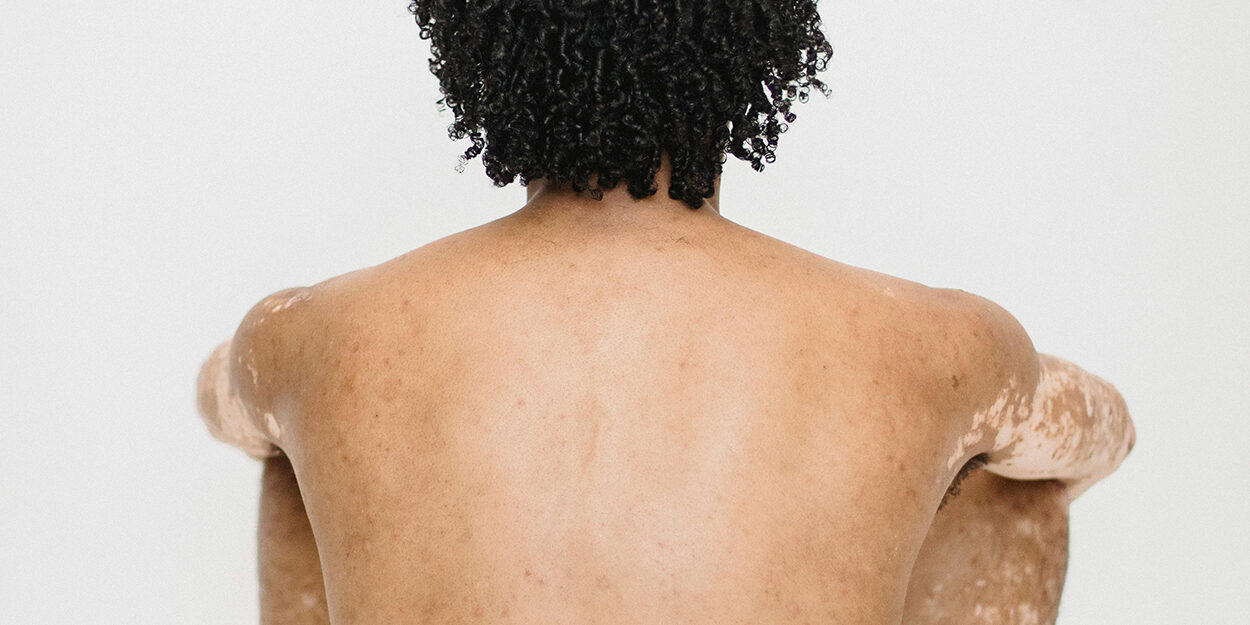Itchy skin, hives, rashes, and psoriasis are diverse dermatological conditions that can cause discomfort, distress, and impact an individual’s quality of life. In this blog post, we will delve into the causes, symptoms, management, and natural remedies for these skin conditions, providing insights and strategies to help individuals navigate through their symptoms and seek effective relief.
Causes:
Itchy skin, hives, rashes, and psoriasis can arise from various factors, including allergic reactions, autoimmune responses, environmental triggers, and genetic predisposition. Itchy skin, or pruritus, may be associated with conditions such as dry skin, eczema, or allergic dermatitis. Hives, or urticaria, can be triggered by allergens, stress, medications, or immune system activation. Rashes may result from contact with irritants, allergic reactions, infections, or underlying skin conditions. Psoriasis is an autoimmune condition characterized by the rapid growth of skin cells, leading to the formation of thick, red, and scaly patches on the skin.
Symptoms:
Itchy skin is often accompanied by a persistent urge to scratch, dryness, redness, and potentially flaking or scaling of the skin. Hives present as raised, itchy welts on the skin that may vary in size and shape and can appear suddenly. Rashes may manifest as red or inflamed areas on the skin, with accompanying itching, burning, or discomfort. Psoriasis commonly presents as thick, silvery scales or red patches on the skin, often affecting the elbows, knees, scalp, and lower back. It may also be associated with itching and discomfort.
Management:
Managing itchy skin, hives, rashes, and psoriasis involves addressing the underlying triggers, alleviating symptoms, and promoting skin health. Over-the-counter antihistamines or topical corticosteroids can provide relief from itching and inflammation associated with these conditions. Emollients, moisturizers, or barrier creams may help maintain skin hydration for conditions such as itchy skin and eczema. For psoriasis, targeted treatments such as phototherapy, oral medications, or biologic injections may be prescribed to control the excessive skin cell growth and reduce inflammation.
Prevention:
Preventing itchy skin, hives, rashes, and psoriasis involves identifying and minimizing exposure to potential triggers. This may include avoiding known allergens, such as certain foods, medications, or environmental substances, and adopting a skin care routine suitable for sensitive skin. Proper hygiene, including regular bathing with mild, fragrance-free cleansers, and using hypoallergenic products, can help reduce the risk of skin irritation and flare-ups. Sun protection and stress management can also play a role in preventing psoriasis exacerbations.
Natural Remedies:
In addition to conventional treatments, natural remedies can offer supportive care and relief for itchy skin, hives, rashes, and psoriasis. Applying cool compresses or taking lukewarm baths with oatmeal or baking soda can soothe itching and reduce inflammation. Natural moisturizers, such as aloe vera gel or coconut oil, may help hydrate and nourish the skin. Certain botanical extracts, such as chamomile, calendula, or witch hazel, possess soothing properties that can benefit irritated or inflamed skin.
Lifestyle Measures:
Adopting lifestyle measures supports overall skin health and complements the management of these dermatological conditions. Maintaining a well-balanced diet rich in essential nutrients, including vitamins A, C, and E, as well as omega-3 fatty acids, promotes skin integrity and resilience. Avoiding prolonged exposure to hot water, harsh soaps, or environmental irritants helps protect the skin barrier and minimize dryness or irritation. Stress-reducing practices, such as meditation, yoga, or deep breathing exercises, can contribute to overall well-being and potentially mitigate stress-related exacerbations of hives or skin conditions.
Seeking Medical Advice:
While many cases of itchy skin, hives, rashes, and psoriasis can be managed effectively with self-care and over-the-counter remedies, it is important to seek medical advice if symptoms are severe, persistent, or impacting daily life. Dermatologists can provide comprehensive evaluations, determine the underlying cause, and recommend tailored treatment plans, including prescription medications, targeted therapies, or specialized skin care approaches to address these conditions effectively.
In conclusion, itchy skin, hives, rashes, and psoriasis are diverse dermatological conditions that can cause discomfort and affect an individual’s well-being. By understanding the causes, symptoms, management, prevention, natural remedies, and lifestyle measures associated with these skin conditions, individuals can navigate through their symptoms and seek effective relief. Practicing preventive measures, seeking prompt medical advice when needed, and adopting supportive lifestyle strategies contribute to a proactive and holistic approach to managing and promoting skin health effectively.
It is important to note that the NOMOSIK therapy has not been evaluated by the FDA and is not intended to diagnose, treat, prevent or cure any disease. It specifically tests and treats for neuro-physiological imbalances in the body. Please see reviews of the amazing recoveries patients have noted with their illness and allergies following treatment of these imbalances. These treatments do not constitute the practice of medicine and are intended solely for the purpose of addressing muskulo-skelital conditions through alternative therapeutic means.

